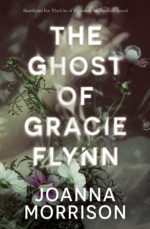Crime writer Joanna Morrison shares her top-five favourite novels that use otherworldly narrator

The Ghost of Gracie Flynn is part of a long tradition of novels with otherworldly narrators.
I gave Gracie the reins because I felt that the various points of view I’d created in early drafts needed a compelling, omniscient perspective to pull them all together. And I’m glad I did that because it turned out she had plenty to say, and a long-buried secret to reveal.
Here are five acclaimed novels that have been enriched in some way by the otherworldly perspectives of their narrators.
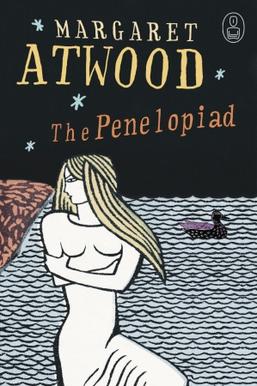
Margaret Atwood’s The Pénélopiad (2005)
Canadian bestseller, nominated for the Mythopoeic Fantasy Award in 2006 and the International Dublin Literary Award in 2007.
The Pénélopiad is a retelling of the Greek myth of Penelope and her heroic husband, Odysseus. When Odysseus is presumed dead after the Trojan War, a horde of suitors descends on her island home to win her hand in marriage. Feasting, trickery, and casual savagery abound, all delivered in Atwood’s characteristic wry style.
Ghost narrators: Penelope tells her story to a modern audience from beyond the grave. Her murdered maidservants bring Greek-chorus vibes by chiming in from Hades, sometimes bawdy, sometimes morose.
Impact: By placing her narrators in Hades, Attwood is able to shift the narrative lens back and forth between mortal drama and eternal afterlife – a fluidity and scope that few non-supernatural narrators can pull off.
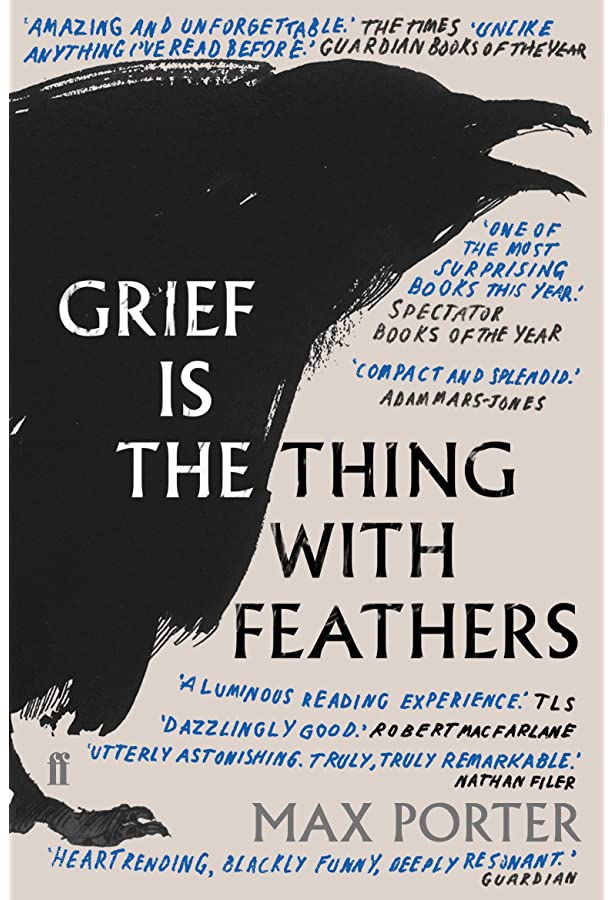
Max Porter’s Grief is the Thing with Feathers (2015)
Winner of the 2016 International Dylan Thomas Prize, the Europese Literatuurprijs, the Sunday Times/Peter, Fraser + Dunlop Young Writer of the Year award, and the BAMB Readers’ Award; Shortlisted for the Guardian First Book Award and the Goldsmiths Prize.
Grief is the Thing with Feathers is a slim, heart-wrenching bookabout a woman’s death and her family’s grief. The role of narrator is shared by Dad, the Boys, and Crow – a mythical bird-creature inspired by Ted Hughes’ poetry collection, Crow: From the Life and Songs of the Crow (1970). Dad is a Hughes scholar writing a book on the Crow poems, which perhaps explains Crow’s presence in the family home as babysitter, counsellor, and torchbearer.
Otherworldly narrator: Crow’s narration is delivered in a jerky, haphazard style. He is vulgar, irreverent, and fondly mocking – a self-described ‘smack of black plumage and a stench of death’ (Porter, 47). As an unruly but tender spirit guide, he teaches Dad and the Boys that survival is not about moving on so much as hanging on until you reach acceptance.
Impact: As an omniscient narrator/witness, Crow can quietly explain to readers how Mum died, and reassure Dad that her spirit has settled happily within her childhood memories. His way with words often echoes Mum’s signature sarcasm. If we read Crow as a figment of Dad’s scholarly imagination (optional), then his off-beat offerings of wisdom are arguably windows into Dad’s stricken attempt to guide himself and his boys through grief, delivered in an oblique and touching way.
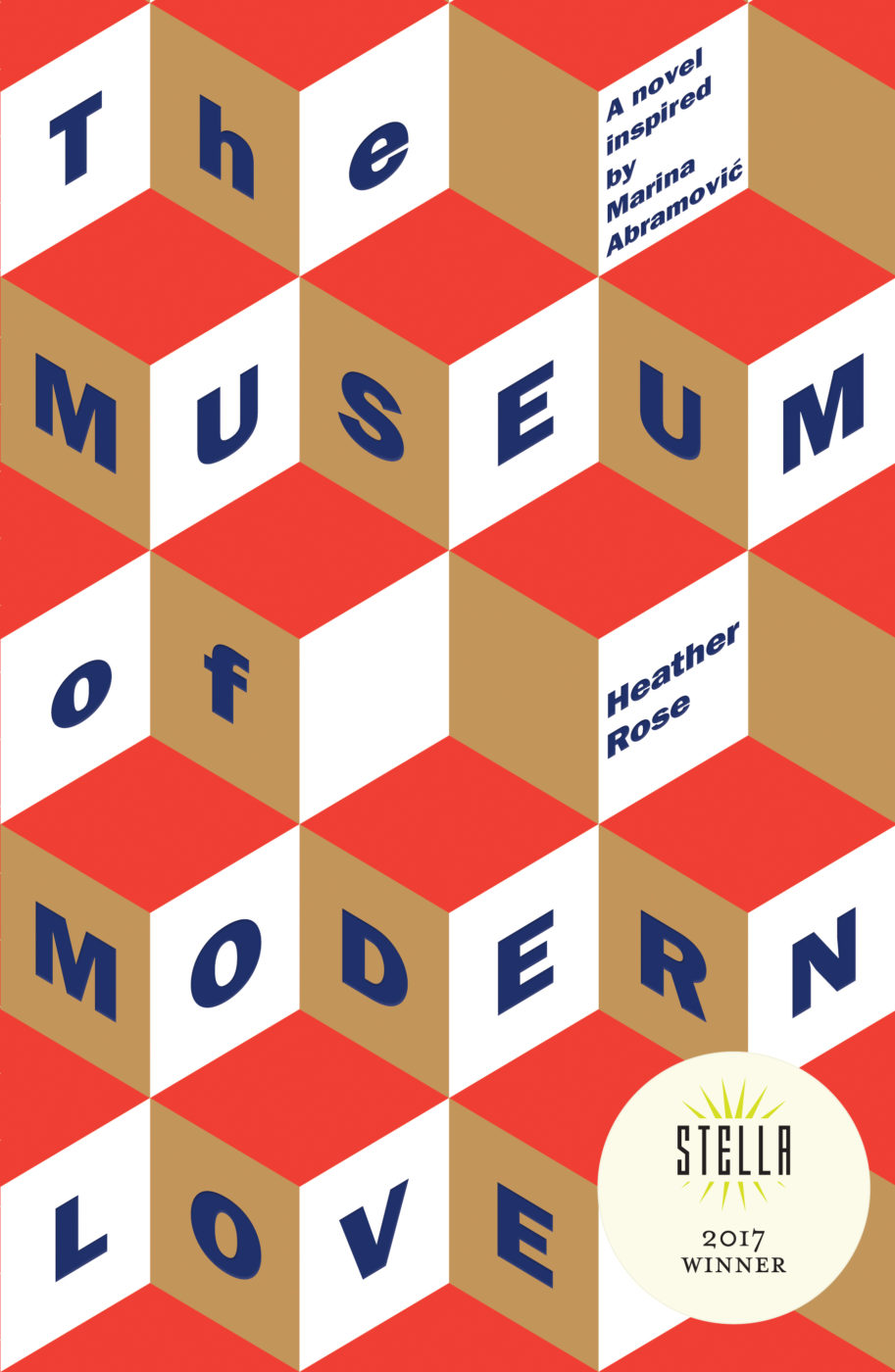
Heather Rose’s The Museum of Modern Love (2016)
Winner of the Stella Prize, the Margaret Scott Prize, and the Christina Stead Prize in 2017.
Set in New York City in 2010, The Museum of Modern Love revolves around a real-life performance piece titled Marina Abramović: The Artist is Present. For almost three months at MOMA in NYC, viewers were invited to sit opposite Abramović and share sustained eye contact with her. In the novel, we follow a handful of fictional New Yorkers enthralled by this performance: a widowed teacher from Georgia, a composer in limbo, an arts reviewer, and a neon-haired PhD student.
Otherworldly perspectives: An ethereal muse narrates with a very light touch, dipping into the lives of the various characters. One such character is the ghost of Abramović’s late mother, Danica, who watches over her daughter and reflects on how her own war-related traumas shaped her tough-love mothering style.
Impact: The otherworldly perspectives within this novel provide depth in ways that are more convincing because we can accept the narrator’s omniscience. This gives Rose the narrative agility to dip freely in and out of multiple characters’ lives and points of view, which deepens our understanding of Abramović and the fictional characters drawn together by her art.
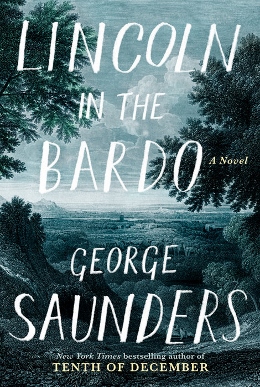
George Saunders’ Lincoln in the Bardo (2017)
Winner of the Man Booker Prize in 2017; shortlisted for the Golden Man Booker Prize in 2018.
Lincoln in the Bardo is an unforgettable, innovative novel, narrated by the ghostliest of ghosts.
Set in 1862, the novel’s two main threads unfold via monologues and quotes, forming a narrative mosaic of witness accounts. One thread is set in the living realm, the other within a bardo—a Tibetan term for a liminal space between two states of being. This bardo hovers between life and death in the Oak Hill Cemetery in Washington, D.C (where 11-year-old Willie Lincoln, son of US president Abraham Lincoln, was interred after dying of typhoid). In the novel, when Willie’s spirit wakes up in the bardo, he becomes confused and stuck, waiting for his parents to fetch him.
Ghost narrators: Three main ghosts narrate from the bardo – Hans Vollman, Roger Bevins III, and the Reverend Everly Thomas. They watch as a grief-stricken Abraham Lincoln visits the crypt to hold his son’s body one last time. Soon, they are joined by a multitude of other ghosts: bawdy souls, sexual deviants, soldiers, former slaves, rape survivors, rapists and ruthless landowners. Endlessly repeating their earthly grievances, these lingering forms are absurd representations of how they lived or died.
Impact: As well as creating a visceral graveyard atmosphere and a touching portrayal of Willie, the ghostly Vollman and Bevins gain access to – and narrate – Abraham Lincoln’s thoughts, delivering the shape and logic of his grief more engagingly than a laboured Lincoln-esque narration would have done. In Lincoln’s mind, Willie’s death mirrors the losses taking place across the nation as a result of his civil war. This complexity, narrated by ghosts, illuminates the value of human life in an original and nuanced way.
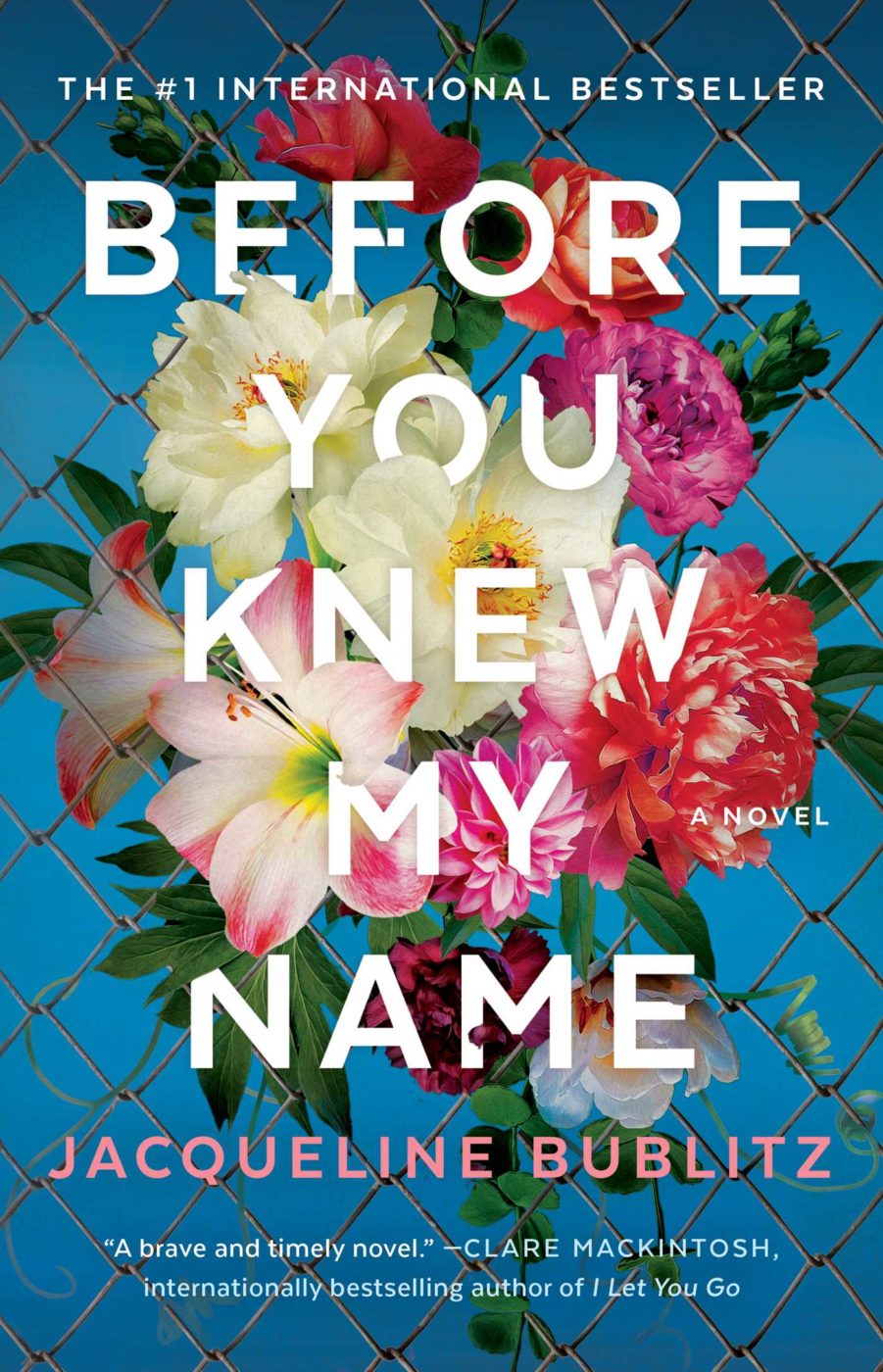
Jacqueline Bublitz’s Before You Knew My Name (2021)
Winner of the Debut Crime and People’s Choice categories in the 2022 Davitt Awards.
Before You Knew My Name is a novel about two young women brought together by murder in New York City. American Alice Lee and Australian Ruby Jones both leave toxic relationships behind when they move to NYC to begin new lives. Ruby is homesick, but Alice is excited. She finds a safe place to stay and is just starting to explore her passion for photography when she is raped and murdered. Ruby finds her body beside the Hudson River while out running one stormy night.
Ghost narrator: Waiting for her murder to be solved, Alice tells the story of her hopeful journey to New York, her grim death in the city, and what happens to Ruby after she finds her body.
Impact: As in Alice Sebold’s The Lovely Bones (2002), the ghostly perspective here invites readers to ‘experience’ a brutal violation and murder from the inside, humanising an often numbing news-media parade of headlines and statistics. Politics is made personal when Alice reflects on the attention, sympathy, and resources her whiteness affords her – more than women of colour ever receive.
Writers who choose otherworldly narrators buy themselves extra narrative agility. A mortal narrator attempting to relate key story elements from the future, the distant past, or from inside someone else’s head will quickly reach the limits of believability, while a ghost narrator has unlimited access. Crow says it best: ‘Perfect devices: doctors, ghosts, and crows. We can do things other characters can’t, like eat sorrow, un-birth secrets and have theatrical battles with language and God’ (Porter, 15). So while some stories want a more grounded point of view, maybe an omniscient narrator – with supernatural insights and poignant attachments to the living – is exactly what your story needs.
References
Porter, Max. Grief is the Thing with Feathers. Faber, 2016
Joanna Morrison will be one of authors performing at the Great Big Book Launch at Fremantle Arts Centre on 20 October 2022. Entry is free and tickets are available from Eventbrite.



